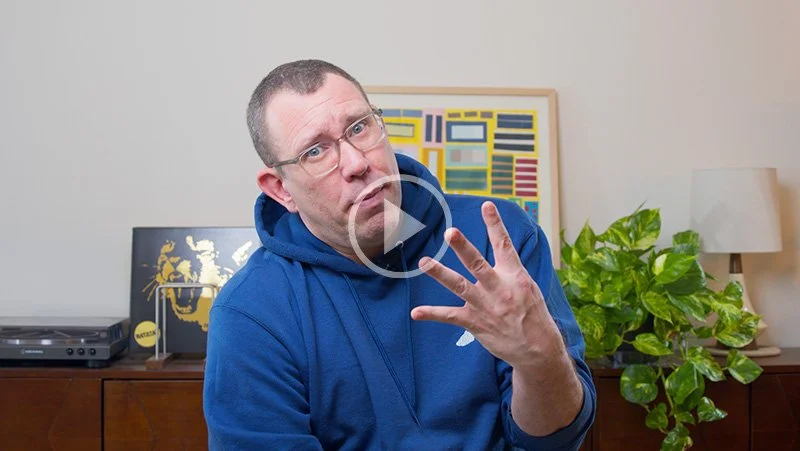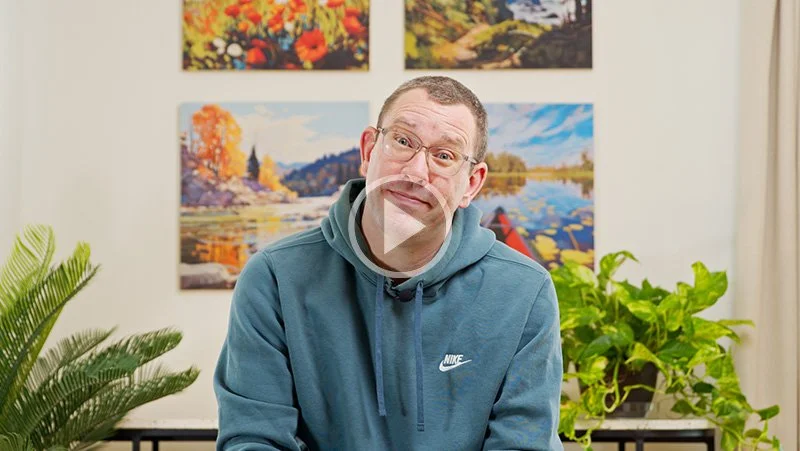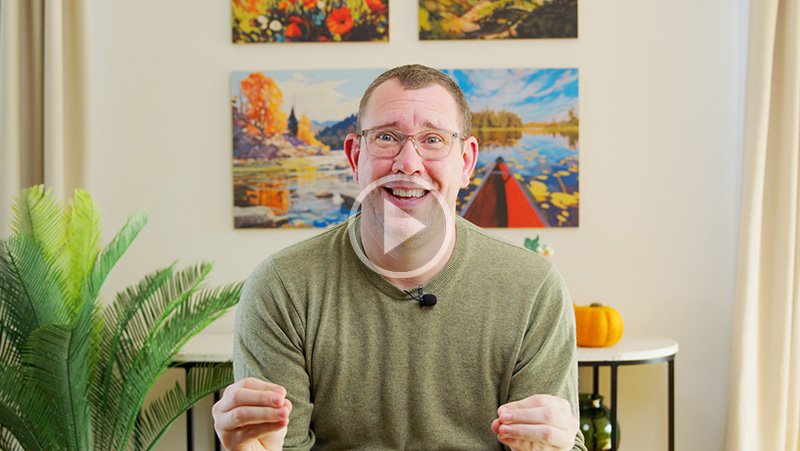The Mistakes That Make Us Better
Welcome to the #culturedrop. Every Tuesday, Galen Emanuele emails tools to advance leadership skills, team culture, and personal growth. No spam, just great content. Sign up now to get it in your inbox.
This week is about the impact that embracing mistakes and failures has on teams and organizations.
Let’s start with a personal story.
To start, this idea was brought to me by Kari on my team because it’s centered around her, so we talked about this and thought it would be a valuable share. It's something we remember and we don't talk about it often, but it's definitely a standout moment for us.
So here’s what happened:
A couple of years ago, I had a conference that I was speaking at, and I had another conference on hold, both in California. The short version of this is Kari made a mistake thinking that if I was speaking one day in California, I could certainly get to another place in California and speak the next day, not remembering that California is like 18 states long.
So a number of things unfolded to where first we had said yes to both events, thinking it would work and it came to light that it just wasn’t possible.
The first one wanted me at night (most of my keynotes are daytime) and I would have had to travel overnight to speak first thing in the morning and there was no way to get there.
The result was that we had to let this other conference know that we had promised to speak there, that we messed up and it wasn't going to be possible to be there.
Kari was horrified. She thought I was going to be so upset, and of course, I wasn't. Ultimately, it cost us an event, we let down a client, which was heartbreaking and terrible for us, but as a result of that mistake, that has never happened again.
Mistakes and failures are better teachers than successes in a lot of ways. Because that was such a pain point for us on the team, and it wasn't ultimately that huge of a deal. It didn't ruin the company, but it felt terrible to let a client down (also, Doug, hi! We love you, we care about you).
Despite it being really hard on us, it was so valuable overall to allow that mistake to happen, because from that point, Kari specifically is so much more intentional about checking those things and double checking.
As a result, we're a lot more thorough as a whole now.
There were a few great takeaways from this for us:
1. Mistakes are going to happen and they make us better.
“Failures and mistakes grow us in ways that successes don’t.”
A lot of times, failures and mistakes grow us in ways that successes don't. Even if it's remembering the pain of that, that's a pretty intense teacher for us.
2. They are also an opportunity for leaders.
And, this isn’t a showcase of “Oh, I’m so great.” But, if I had reacted poorly to Kari, then it would have put her in a place where she's afraid to make mistakes. When we're afraid to make mistakes or afraid of somebody's reaction, it can cause a lot of problems, like making a mistake and then lying about it, covering it up, or being afraid to reveal that to a coworker, a colleague, or a boss.
Reacting poorly to mistakes also causes a culture of fear. Instead, we can build trust and rapport by saying, "Hey, that was really bad. But what did we learn? What can we take away from this? That we'll never repeat that again?" It ends up ultimately being a positive thing.
3. That thing has already happened.
If it makes us better, it’s a positive experience in the end. But if we get upset, if we learn nothing, then we lose.
It's important to remember that a core part of embracing failures is just to make yourself better.
Extend grace (we’re all human)
In this case, Kari made a mistake, but at 1000 at-bats, Kari hits 999 home runs, so when she swings out one time I'm not going be like, "You're an idiot, what are you doing?"
It cost us as a company, but ultimately, it isn’t going to sink us, and it isn’t worth damaging my relationship with Kari, or Kari’s sense of self worth.
We can extend some grace around somebody dropping the ball or making a mistake, it's already happened. It's unfortunate, but we've learned from it.
We can learn from mistakes so they're not that terrible ultimately, even if they suck in the moment.
And take it easy on yourself. We're always trying to be exceptional, and never make mistakes. But when we do, it's important that we extend each other grace and just dive into it to say, what did we learn from it? And become stronger from it.
Want more?
This article was created by Galen Emanuele for the #culturedrop. Free leadership and team culture content in less than 5 minutes a week. Check out the rest of this month's content and subscribe to the Culture Drop at https://bit.ly/culturedrop







